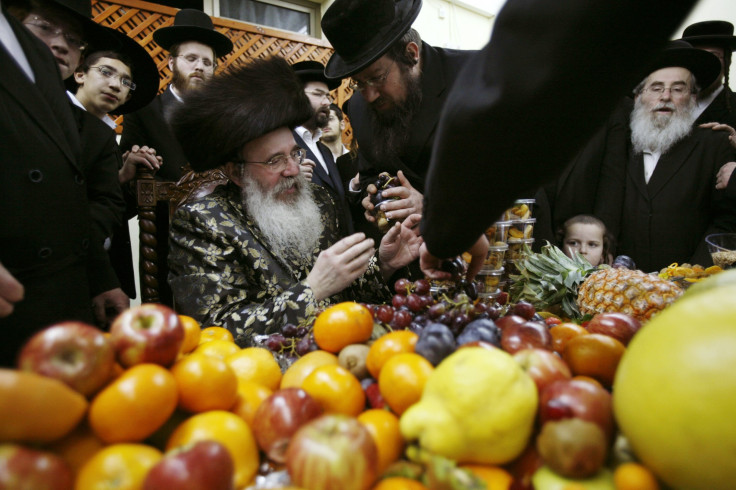What Is Tu B’Shevat? 5 Quick Facts About 2016 Jewish New Year Of The Trees

Forgot to wish the trees a happy new year? Monday may be your second chance. The Jewish holiday of Tu b’Shevat marks the start of spring in Israel, and is a time to thank God for fruit. It’s called the New Year of the Trees.
It might sound strange to have a New Year for trees, but it’s not so different from having a start to the school year or fiscal year, Judaism 101 pointed out. It’s basically the same idea, but rooted in a tradition that once relied heavily on agriculture. Here are a few other things to know about the holiday:
What does Tu b’Shevat mean? “Tu” represents the number 15 in the Hebrew numerology system, where letters have numerical values. “Shevat” is a month in the lunar Hebrew calendar. So the holiday’s name just means the 15th of Shevat.
It's not easy being green. But it's worth it. And we even have a special holiday for that. Happy Tu Bishvat! pic.twitter.com/3bPf50L3B2
— WJC (@WorldJewishCong) January 24, 2016
Why celebrate the trees? The holiday has both practical and religious purposes. Practically, it was set for the tithing of fruit, and marks the beginning and end of the fruit crop year. It’s one of four new years in the Jewish calendar.
But trees also hold spiritual significance, according to Chabad.org. “We humans can also celebrate along with the trees. After all, the Torah says, ‘Man is a tree of the field,’” the site said. “We are nurtured by deep roots, as far back as Abraham and Sarah; we reach upwards to the heavens while standing firmly on the ground; and when we do all this right, we produce fruits that benefit the world — namely, our good deeds.”
How is Tu b’Shevat celebrated? Generally, people eat fruit on Tu b’Shevat, and they’re encouraged to eat fruits native to Israel. With these fruits, they say a special prayer. People gather at synagogue to celebrate the date.
Something sweet and savory for Tu Bishvat https://t.co/WTFAfbeP5t pic.twitter.com/FjgxQXhZlI
— Israel News (@IsraelNewsNow) January 24, 2016
The devout are also encouraged to eat at least one fruit that they haven’t eaten yet this season, which then requires a special blessing for joyous occasions called the Shehecheyanu. The prayer translates as: “Blessed are You, Lord our God, King of the universe, who has granted us life, sustained us, and enabled us to reach this season.”
How do children celebrate the day? While kids also eat fruit, many schools and synagogues take children on trips to plant trees. Sometimes, Jewish children collect money to plant trees in Israel. There are also a bunch of activities for youngsters available online, including crossword puzzles and word searches.
Nature's gifts to humanity - and our contribution. Preparing a #TuBiShvat Seder at #TLSE @LiberalJudaism pic.twitter.com/JsjUyLVCWc
— Rabbi Pete Tobias (@rabbipete) January 24, 2016
And a fun fact: The mystical 16th century Rabbi Isaac Luria, better known as Arizal, would eat 15 types of fruit on Tu b’Shevat. One of his students said, “My teacher used to say that one must intend while eating the fruits [at the Tu b’Shevat Seder] to repair the sin of Adam, who erred by eating fruit from the tree.”
© Copyright IBTimes 2024. All rights reserved.






















